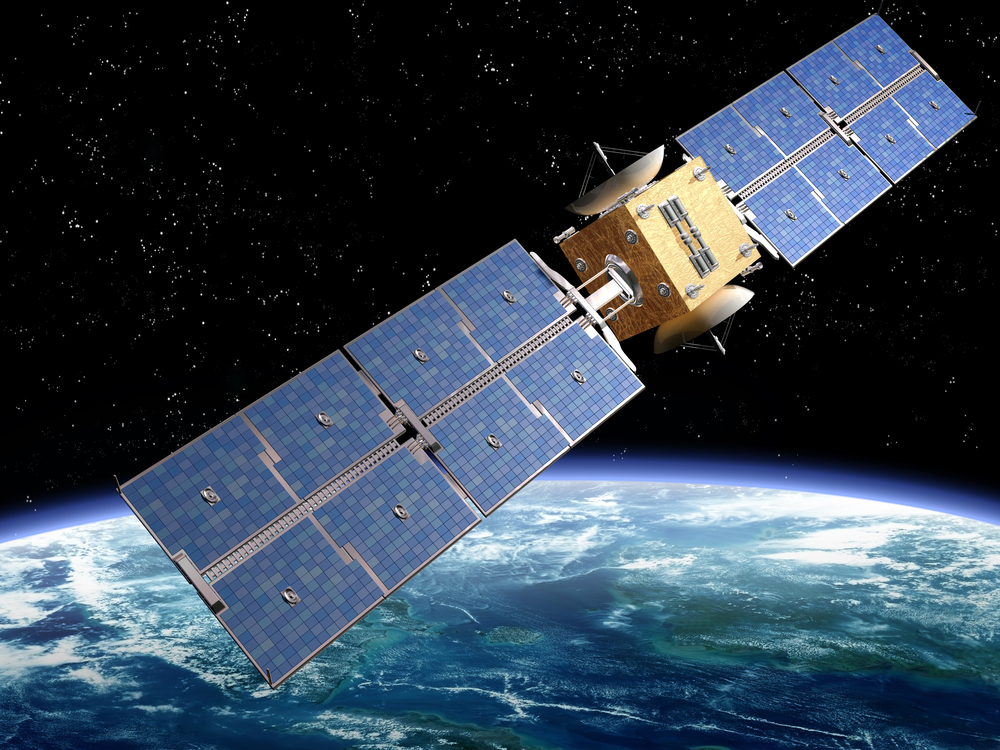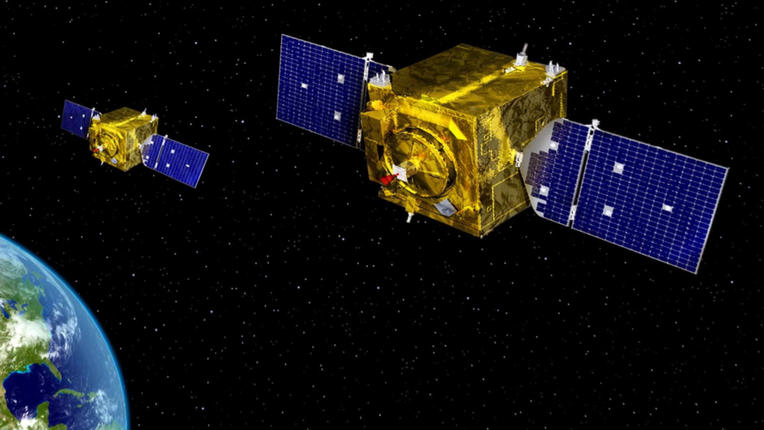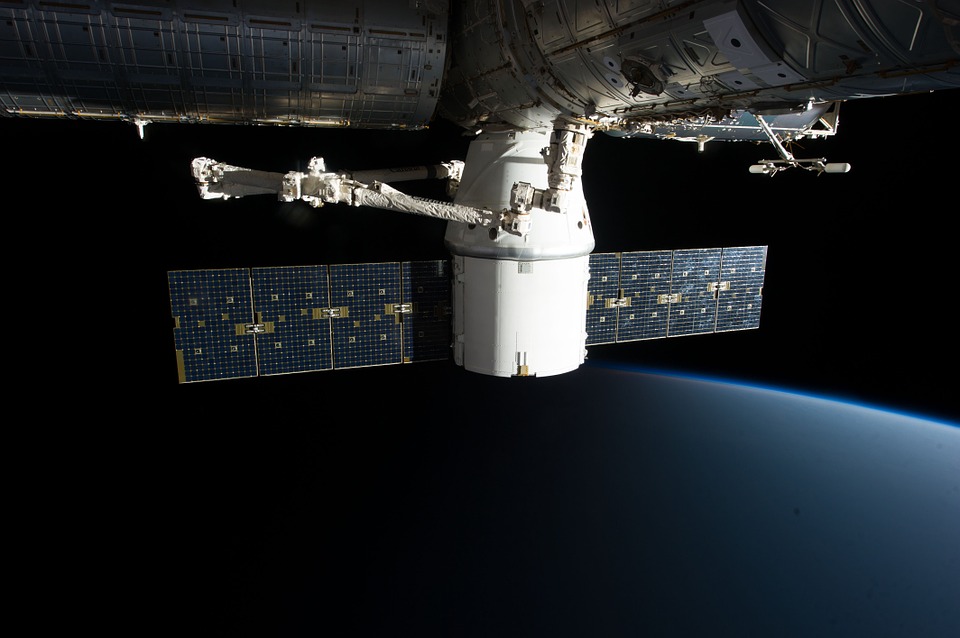NASA Perseverance rover obtains Martian rock sample with possible signs of life
04/13/2023 / By Kevin Hughes

The National Aeronautics and Space Administration‘s (NASA) Perseverance rover has obtained a rock sample from Mars that could hold signs of life.
On March 30, the car-sized robot cored down into the sediment of Mars’ Jezero Crater to get that the sample that it has been seeking – the 16th rock cored out with the rover’s drill and the 19th sample taken during the mission overall.
For almost a year now, Perseverance had been wandering the Red Planet to look for locations that might hold ancient microbes and organic life. It has completed the first of its four search campaigns, which concentrated on the crater floor and the base of the Neretva Vallis delta. Its second search campaign will focus on looking for worthy rocks at the top of the delta. (Related: Presence of microbes on Earth’s driest desert hints at possibility of life on Mars.)
The rover landed on Mars on Feb. 18, 2021, after an almost seven-month journey through space, and made its initial test drive just over two weeks later. It gathered eight rock-core samples from its initial science campaign, finishing a record-breaking sprint across three miles of the planet. Before starting its second campaign, the rover spent time trying out its instruments and reviewing the planet’s geological features.
“Perseverance’s mobility has allowed us to collect igneous samples from the relatively flat crater floor during the first campaign, and then travel to the base of the crater’s delta, where we found fine-grained sedimentary rocks deposited in a dried lake bed,” said Ken Farley, Perseverance’s project scientist from the California Institute of Technology.
“Now, we are sampling from a geologic location where we find coarse-grained sedimentary rocks deposited in a river. With this diversity of environments to observe and collect from, we are confident that these samples will allow us to better understand what occurred here at Jezero Crater billions of years ago.”
Analysis of Mars rock sample won’t begin until 2033
In spite of this, the tube containing the sample obtained on March 30 won’t be arriving soon in a laboratory on Earth. The 19 samples will be stored in Perseverance’s belly until a robotic lander arrives on Mars in the future.
The rover will bring these samples to the lander, which will then use a robotic arm to put the tubes in the containment capsule of a small rocker. The rocket will then be launched into Mars’ orbit, and the European Space Agency‘s Earth Return Orbiter (ERO) will stop by to recover the containment capsule. The ERO will return to Earth by 2033 – and only then can scientists analyze the samples.
If in case Perseverance cannot bring these samples to the lander for some reason, such as when it runs out of power, a backup plan is already set. The rover took duplicates of 10 of the 19 samples it has collected so far, which it has dropped at a special area at the base of the Neretva Vallis delta. In the possibility that the lander is unable to collect the original samples, two sample recovery helicopters will take these duplicates instead.
Follow Space.news for more news about space missions.
Watch this video that debunks the landing of NASA’s Mars Perseverance Rover.
This video is from the Eric Dubay channel on Brighteon.com.
More related stories:
ESA’s ExoMars orbiter finds “significant amounts of water” just three feet below surface of Mars.
Study: Mars was covered by deep oceans 4.5 billion years ago.
Sources include:
Submit a correction >>
Tagged Under:
alien life, breakthrough, cosmic, Earth Return Orbiter, Mars, mars rover, NASA, perseverance rover, research, robotic lander, rock samples, Sample Recovery Helicopters, Space, space exploration, space travel
This article may contain statements that reflect the opinion of the author
RECENT NEWS & ARTICLES
COPYRIGHT © 2017 SPACE TOURISM NEWS




















